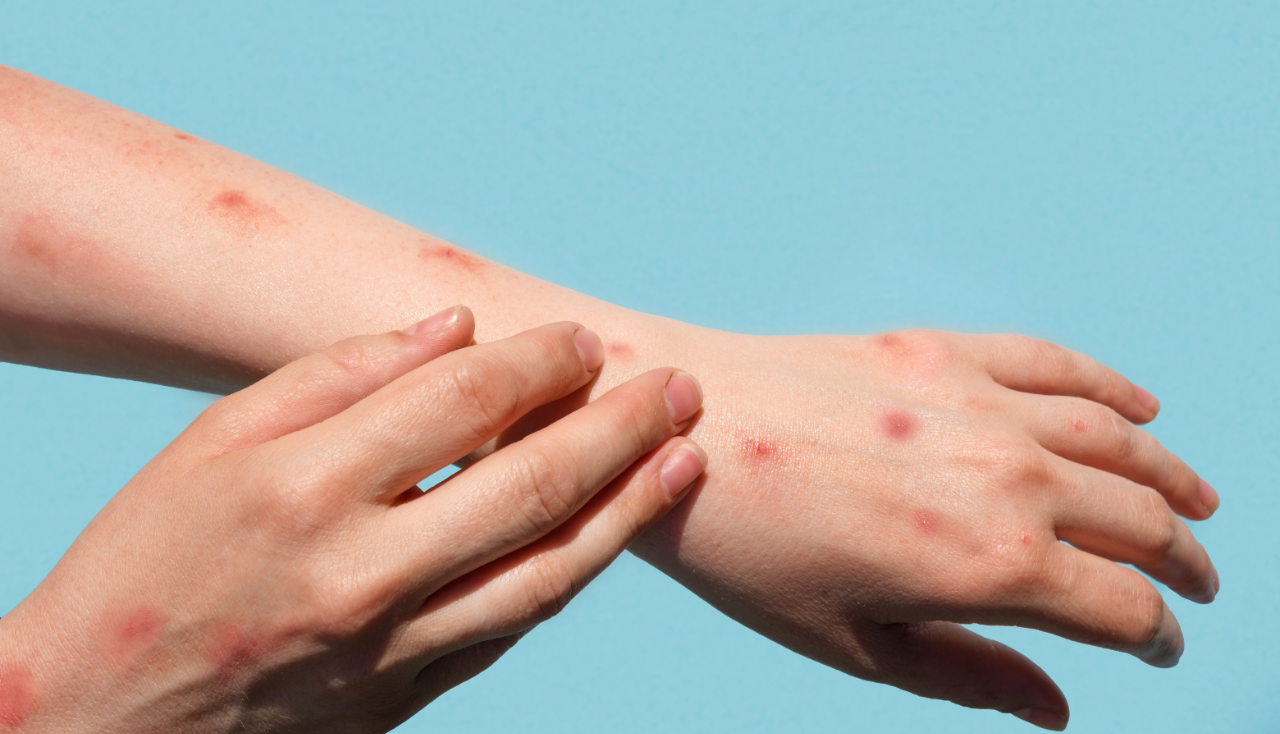Epidemiology/Infectious Disease Unit
The Epidemiology unit follows up on reports of certain diseases and other health conditions to identify possible outbreaks and prevent further spread of disease. When a communicable disease outbreak occurs, immediate action may be needed to prevent or control a situation. By determining the who, what, when, where, how, and why of infectious diseases and health conditions, the Epidemiology team can help provide appropriate measures to lessen the impact on community health.
Some of the diseases most frequently investigated include:
- Food-related and water-related illnesses like salmonella and E.coli
- Vaccine-preventable diseases such as measles, mumps, pertussis (whooping cough) and chickenpox
- Sexually transmitted infections (STIs/STDs) like gonorrhea, chlamydia, and syphilis
- Other notifiable diseases including novel respiratory infections, mpox, and HIV (see most recent Notifiable Disease Poster for more details)
The Epidemiology unit also manages the District tuberculosis (TB) program, which provides care for persons with active TB, those who have been exposed to TB, and persons with latent TB infection (LTBI).
Community education is another large portion of the Epidemiology unit’s function, and they provide training in communicable diseases prevention and control to other health care professionals, teachers, and the general public.


Report Suspected Foodborne Illness
Use this form to report suspected foodborne illness (commonly referred to as “food poisoning”). Please complete as much of the information request...
Read More About Report Suspected Foodborne Illness
Mpox Information
CDC: mpox Information CDC: mpox Signs and Symptoms CDC: How mpox Spreads CDC: mpox Prevention CDC: mpox Cases by State Georgia DPH: mpo...
Read More About Mpox Information
Food-borne Disease Investigation
We need your help to locate cases and causes of foodborne illness in our area! Please complete our short questionnaire below if you believe that you h...
Read More About Food-borne Disease Investigation